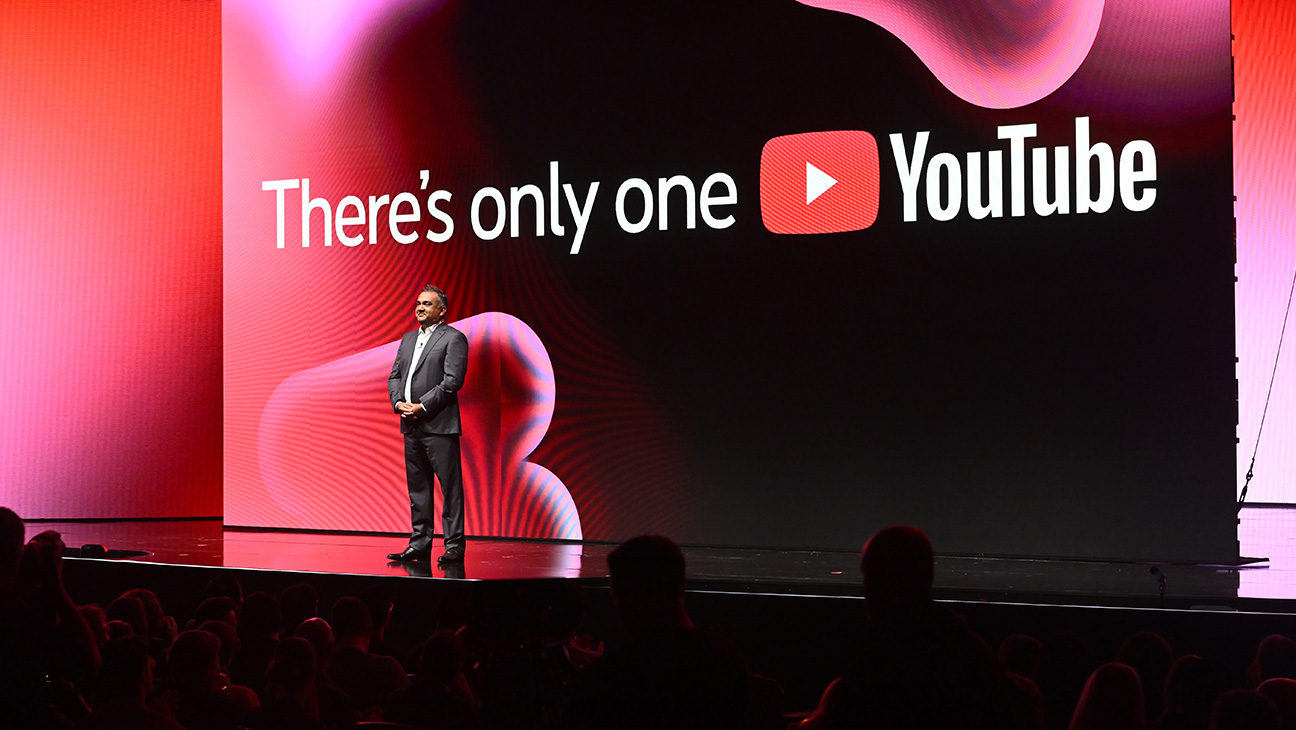Add YouTube to the list of tech and media companies to settle a lawsuit from President Trump after the start of his second term.
The Alphabet-owned company agreed to pay $24.5 million to resolve a lawsuit over the suspension of Trump’s account following a mob of his supporters attacking the U.S. Capitol in 2021, according to court papers filed on Monday.
Under the deal, $22 million will go toward a trust for the National Mall, the entity handling the construction of a $200 million ballroom at the White House. The remainder is earmarked for other plaintiffs in the case, including the American Conservative Union, Andrew Baggiani, Austen Fletcher, Maryse Veronica Jean-Louis, Frank Valentine, Kelly Victory and Naomi Wolf.
The agreement follows Meta and X earlier this year reaching deals to settle similar lawsuits challenging the suspensions of Trump’s accounts. Combined with settlements from other companies, including Disney’s ABC and Paramount’s CBS News, he’s made at least nearly $90 million, with much of the funds going toward his presidential library.
Trump alleged a violation of the First Amendment. Legal observers have noted that private companies have the right to deplatform individuals and that the tech firms were motivated to settle because of his return to office.
At the time, YouTube maintained that Trump violated its policy over inciting violence. It indefinitely suspended his account, allowing him back onto the platform in 2023 to allow “voters to hear equally from major national candidates in the run-up to an election.” Meta and X also reinstated Trump’s accounts.
A wrinkle in the case: Trump sought a court order of the unconstitutionality of Section 230, Big Tech’s favorite legal shield that has historically afforded companies significant legal protection from liability as third-party publishers. Such a finding could’ve crippled the operations of Google, Meta and X, among various others.
The settlement “shall not constitute an admission of liability or fault on the part” of YouTube, the Monday filling states. Google didn’t immediately respond to a request for comment.
